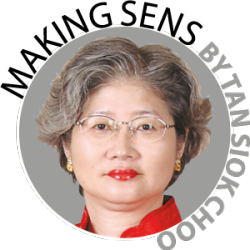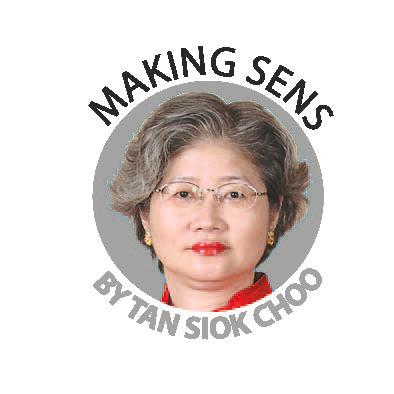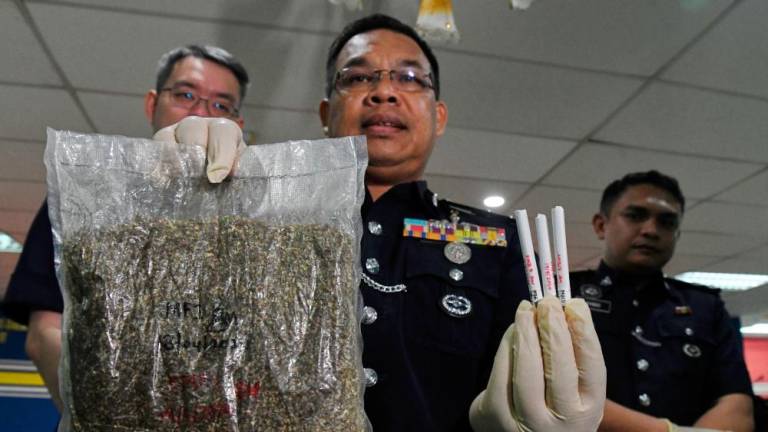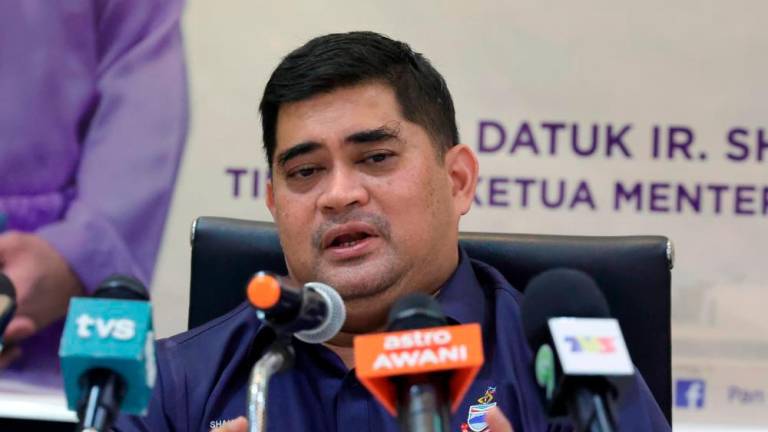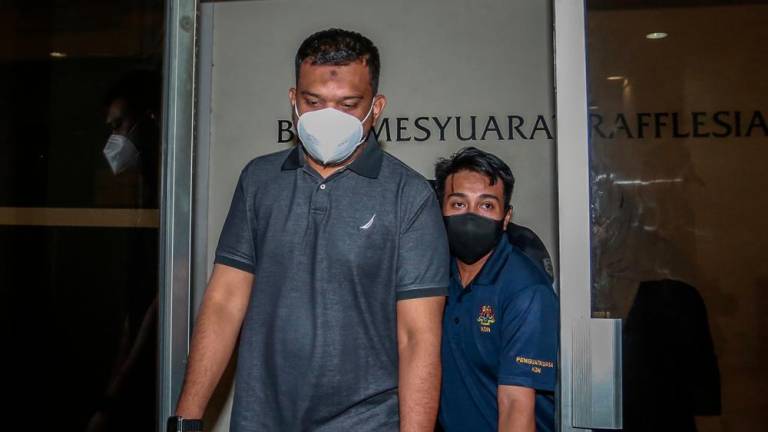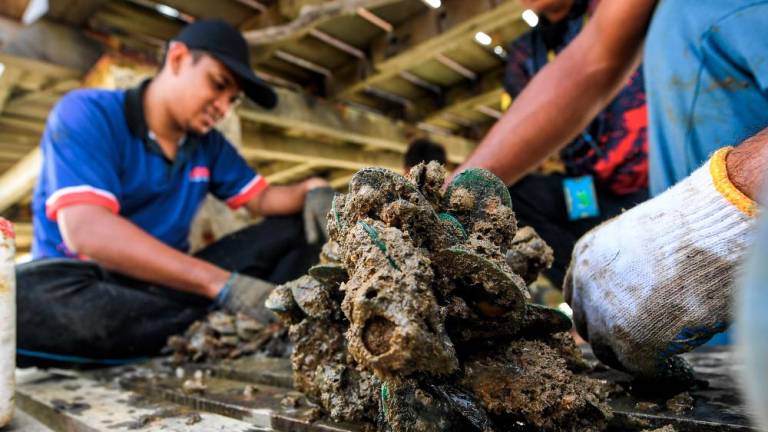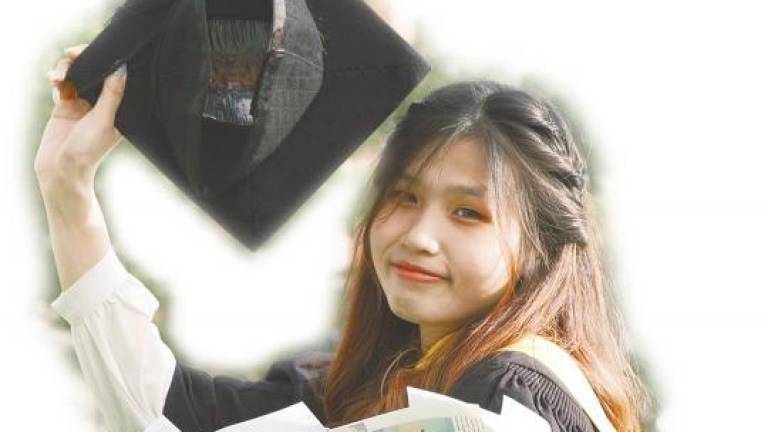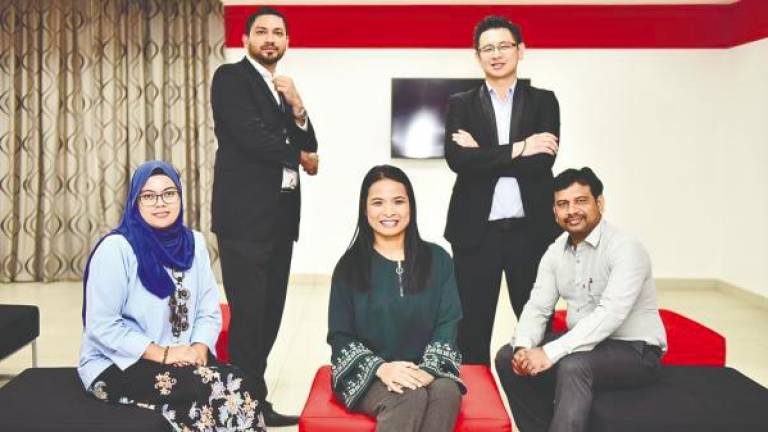ON March 15, Tan Sri Chong Hon Nyan passed away. Two days later, on March 17 – the death anniversary of my father, Tun Tan Siew Sin – Tan Sri Rama Iyer “shuffled off this mortal coil”, as Shakespeare’s Hamlet said.
At different points in their career, both men worked in the Ministry of Finance (MoF) helmed by my father. Chong and Iyer were two outstanding examples of the multi-ethnic Malaysian civil servants of that era. Both were intelligent, articulate in English with excellent academic qualifications.
Chong graduated with a First Class diploma in English from Raffles College, Singapore in 1946, attended a summer course in Politics, Philosophy and Economics in Harvard University in 1954 and then won a government scholarship to study law in Cambridge University in 1955.
Iyer graduated with a Bachelor of Economics degree from University of Malaya, Singapore in 1955 and secured a Masters in Public Administration from Harvard in 1960. One of his lecturers was the renowned US economist John Galbraith, whom Iyer admired.
Both family-oriented men, Chong and Rama Iyer lived in houses that were comfortable – rather than luxurious – underscoring their years of service in the civil service that had been intellectually challenging rather than financially rewarding.
Apart from Chong and Iyer, many MoF staff – like Tan Sri Raja Mohar Raja Badiozaman and Datuk Malek Merican – studied economics in Cambridge University, despite my father’s disdain for this subject. Uniquely, Malek graduated in Economics successively from both Cambridge and Oxford Universities.
“I don’t mind you studying economics so long as you forget what you have learnt when you work in the Treasury,” my father told his staff.
Former prime minister Tun Abdul Razak knew my father was a demanding task master. Reasoning that any civil servant who served under my father had to be good, he first poached Iyer. Describing Iyer as one of the brightest civil servants, my father complained to Razak that continuing raids on MoF staff would leave the Treasury bereft of much-needed expertise.
Undeterred, Razak also appropriated Raja Mohar.
Coincidentally, Iyer was MAS’s first chairman from 1970 to 1973 while Raja Mohar was the national airline’s longest-serving chairman for 18 years.
MoF staff travelling overseas with my father had to fulfil two non-fiscal but critically important tasks.
First, a Treasury officer designated to carry a bottle of chilli sauce had to ensure the bottle didn’t break or get left behind. A hardcore Malacca Peranakan, my father couldn’t eat any food, particularly bland Western food, without chilies. Second, a Treasury officer had to ensure my father had for breakfast two raw eggs and six prunes.
On one occasion, Chong was charged with ensuring my father’s eggs-and-prunes breakfast in a non-English speaking country. My mother suggested Chong buy the eggs and prunes from a grocer. Weighed against the need to explain this unconventional breakfast order to a haughty waiter in a five-star hotel, my mother’s suggestion was a no-brainer.
Among Treasury officials, Chong was renowned for his equanimity. My father said the only time Chong lost his temper was in Rio de Janeiro airport after the World Bank-IMF meeting ended on Sept 29, 1967.
On arrival at the airport, Chong found the entire Malaysian delegation had a seat on the flight departing Brazil – except my father.
“Before coming to this airport, I confirmed, double-confirmed and triple-confirmed that my minister had a seat on this flight. And now you say he doesn’t have a seat,” a still-calm Chong complained to the airline staff.
“Sir, why are you so angry? Fifty other passengers don’t have a seat on this flight,” she said.
On hearing this, Chong lost his cool. His rage did have its desired effect – a seat was found for my father.
Chong was persuaded by Razak to venture into politics after my father retired as finance minister in April 1974. Chong stood in Batu Berendam, my father’s former constituency in Malacca. Chong’s hobbies included gardening, particularly orchids, as well as nurturing aviary birds and dogs.
Like Chong, Iyer loved reading books and discussing current affairs with friends. When he was 36, Iyer married his wife, Puan Sri Vijaya, whom he met through Toh Puan Uma Sambanthan’s father; the latter was his wife’s uncle.
According to his daughter Lakshmi Lavanya, Iyer loved Carnatic music renditions particularly by MS Subbulakshmi and Beethoven’s 6th Symphony or the Pastoral Symphony. An avid tennis player even when he was 80, Iyer practised yoga for 40 years – this contributed to his serenity working in my father’s high-pressure MoF.
“He enjoyed singing too and as kids, he used to sing us to sleep on the swing,” Lavanya said.
It is a pity few Malaysians are aware of Tan Sri Chong Hon Nyan and Tan Sri Rama Iyer’s sterling work, dedication and honesty in public service. May both of them rest in pace.
Opinions expressed in this article are the personal views of the writer and should not be attributed to any organisation she is connected with. She can be contacted at siokchoo@thesundaily.com



